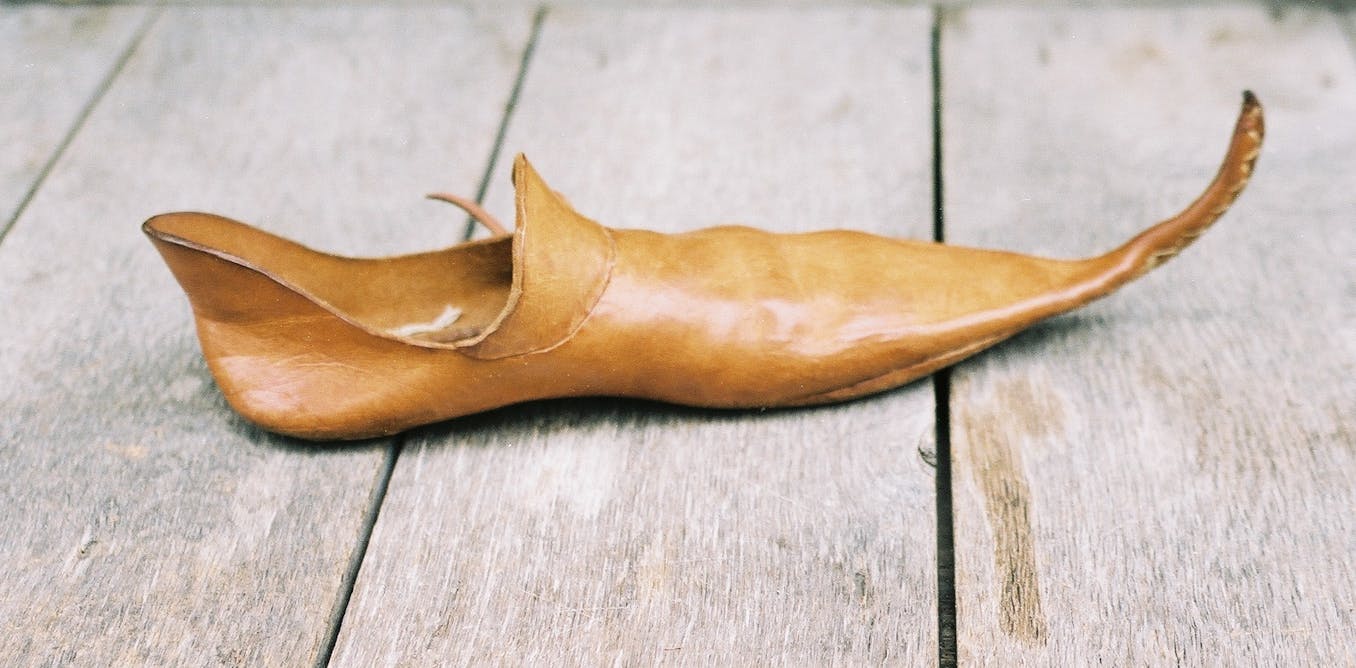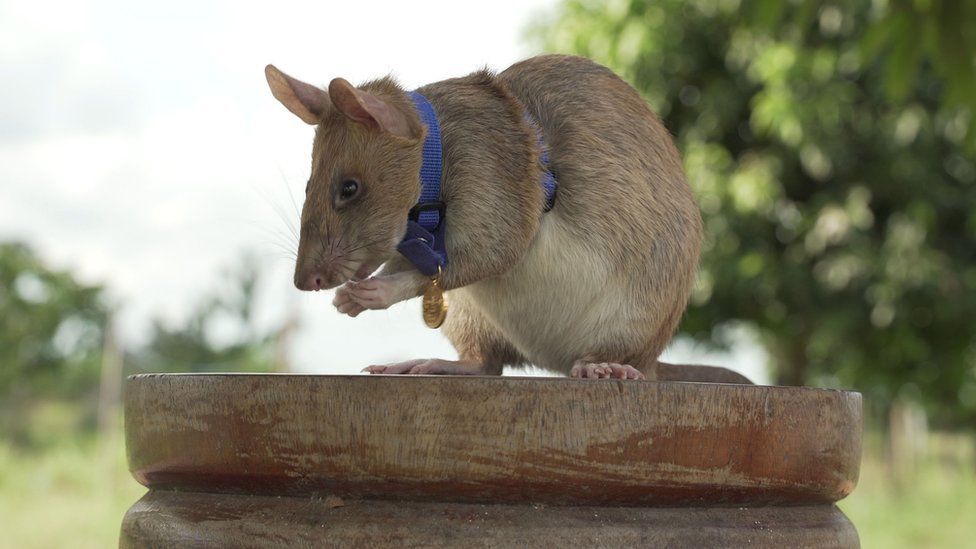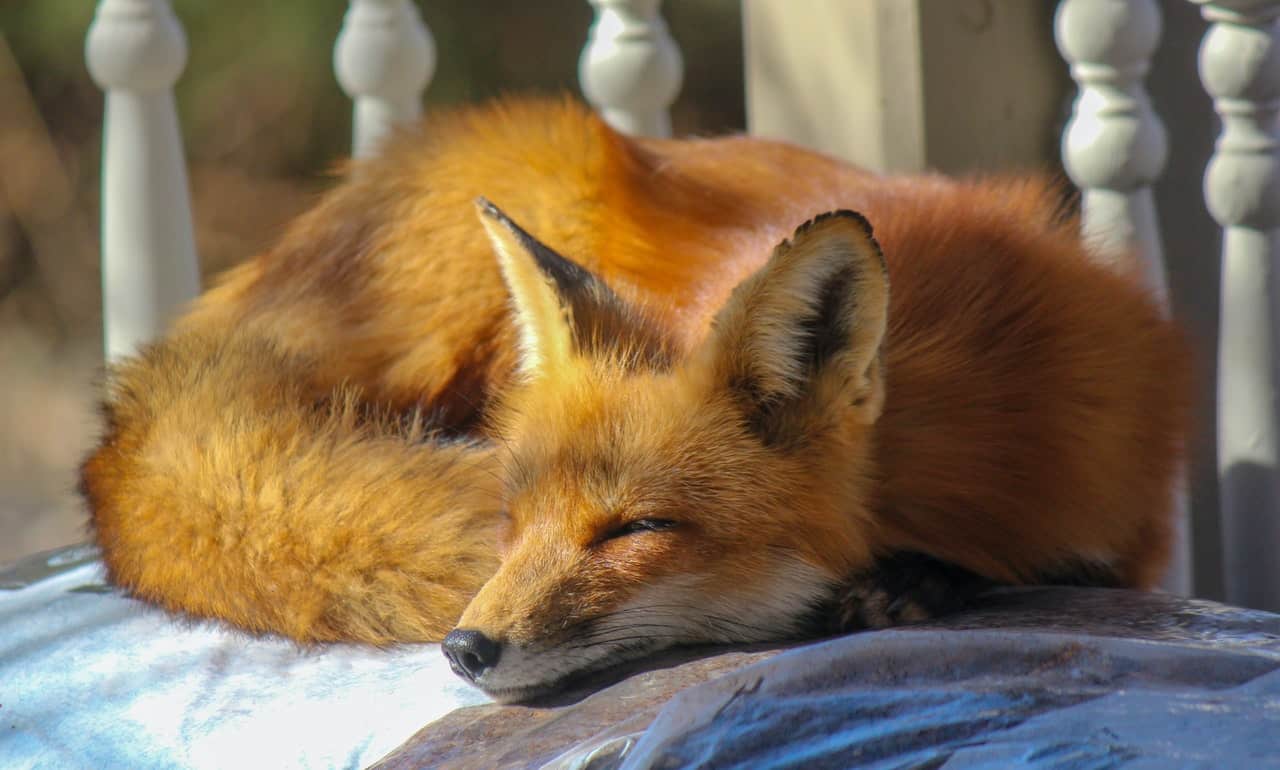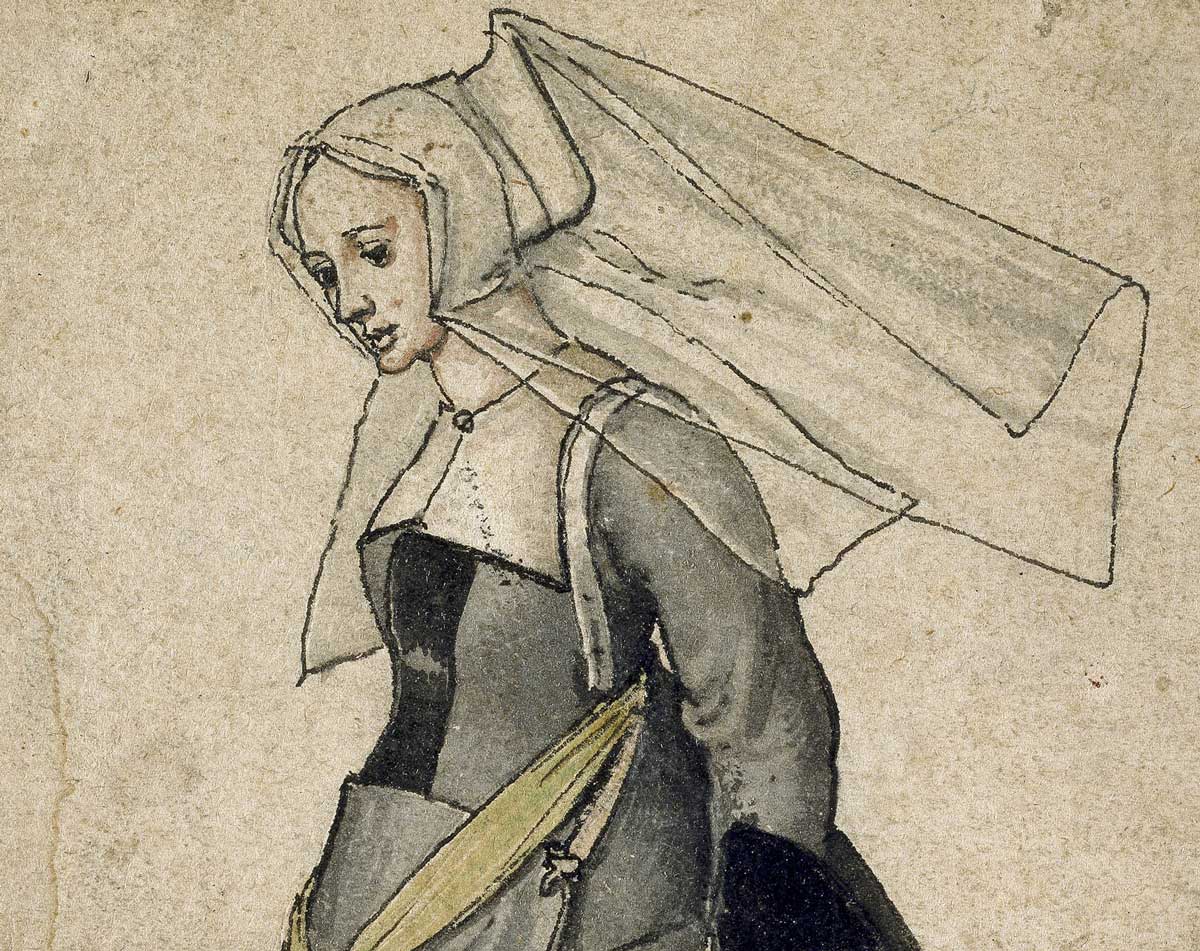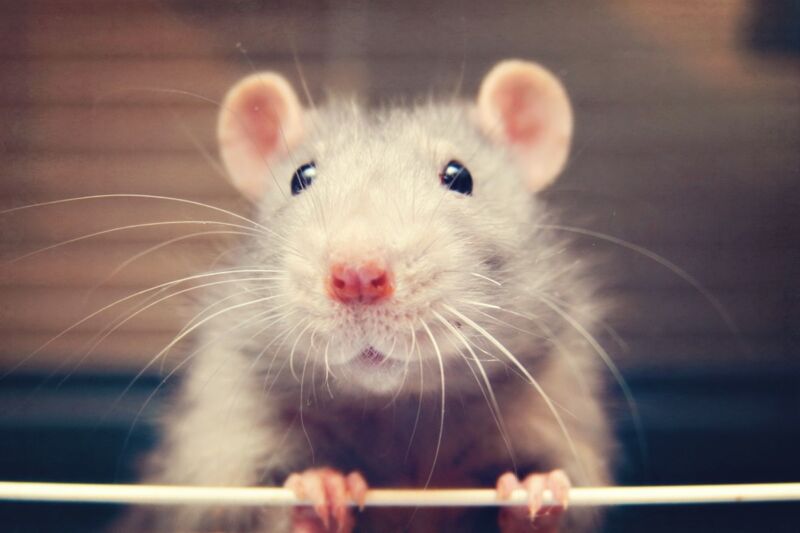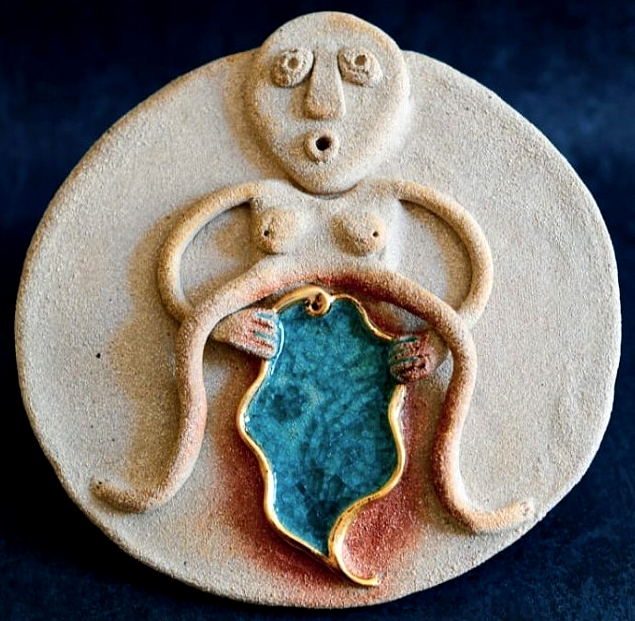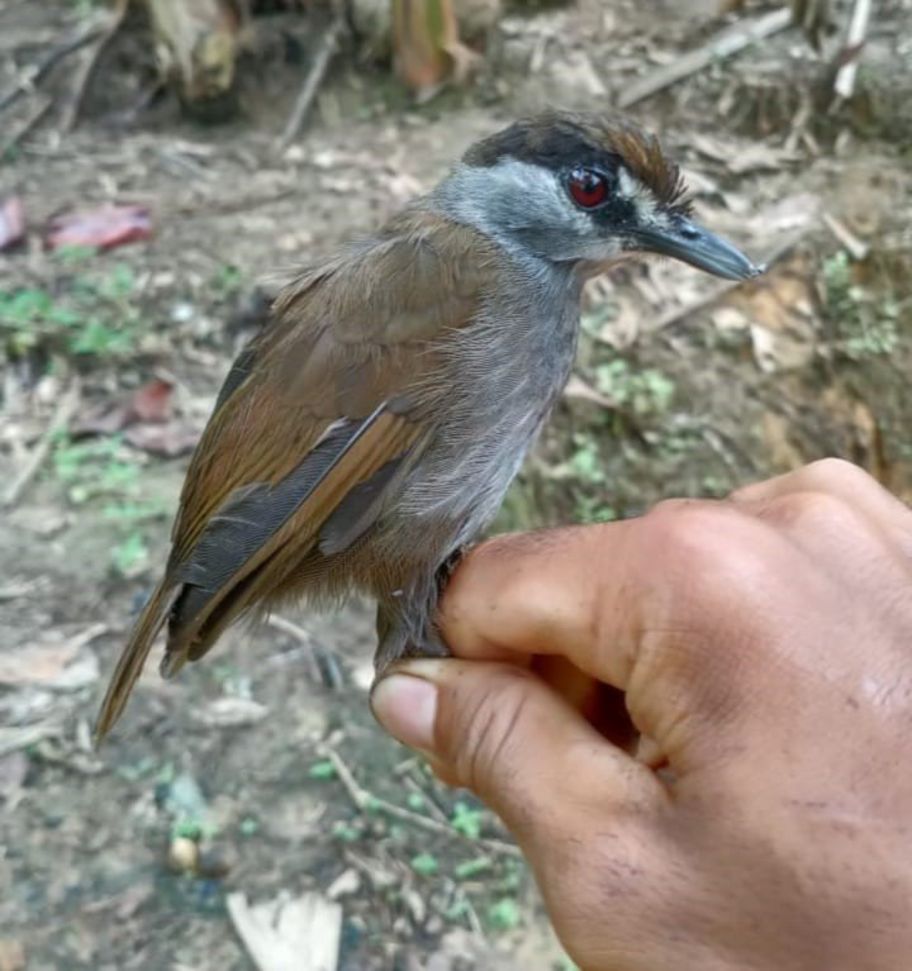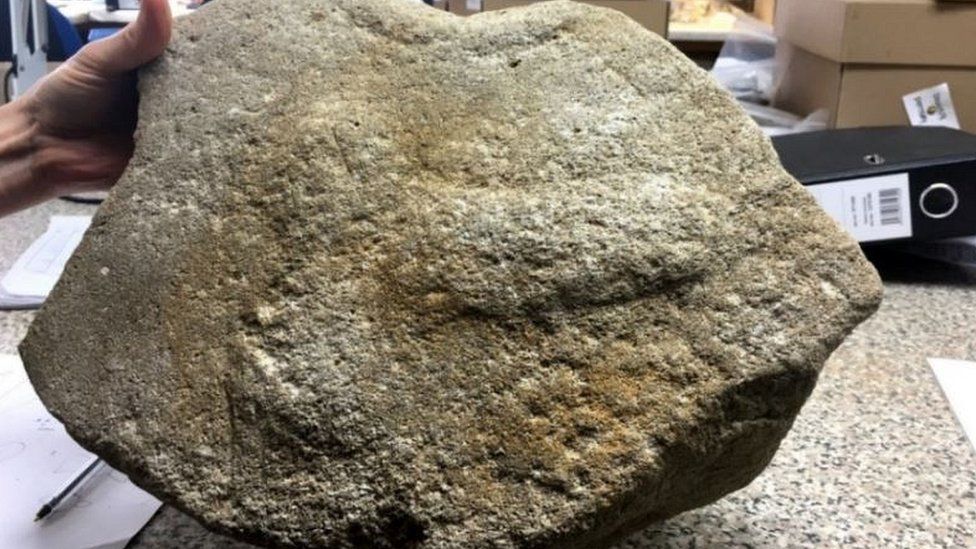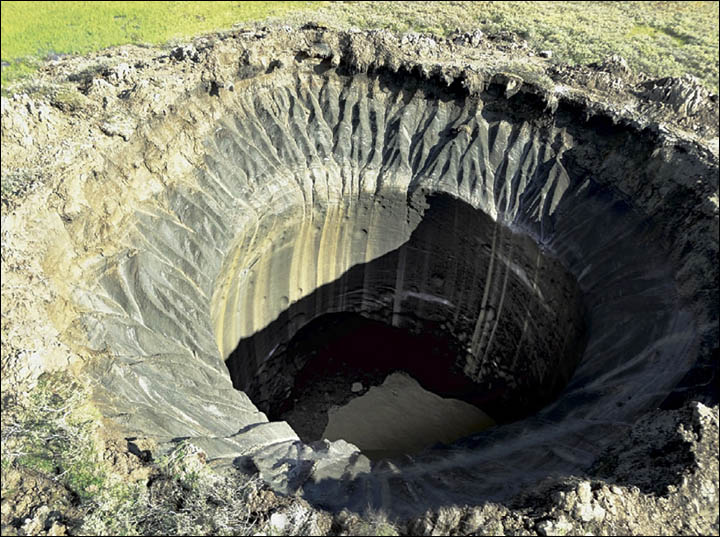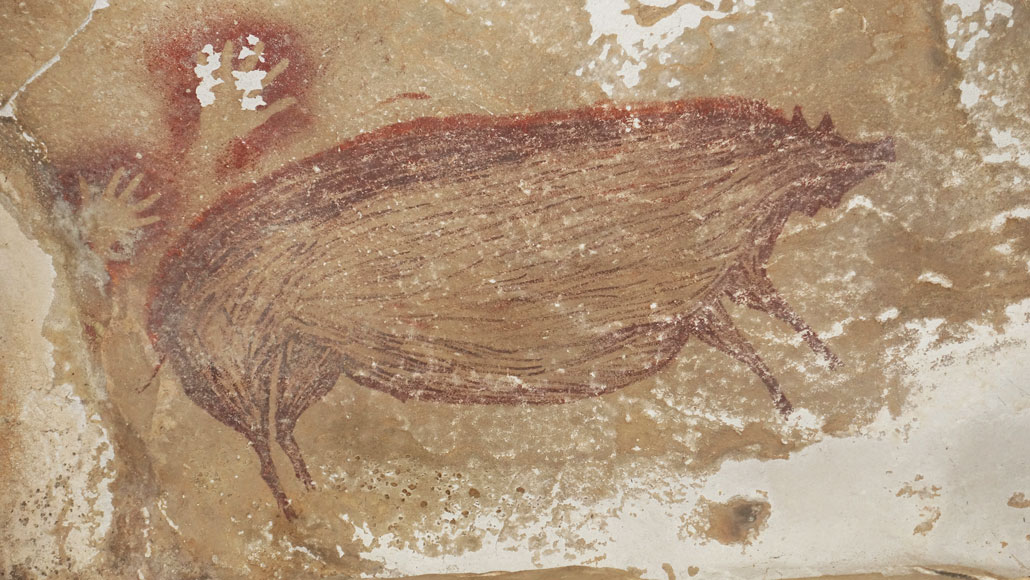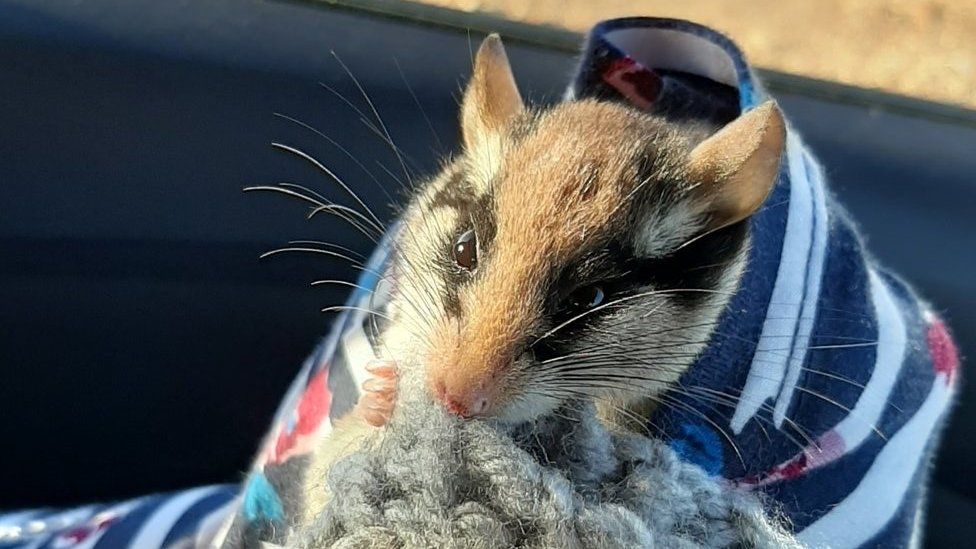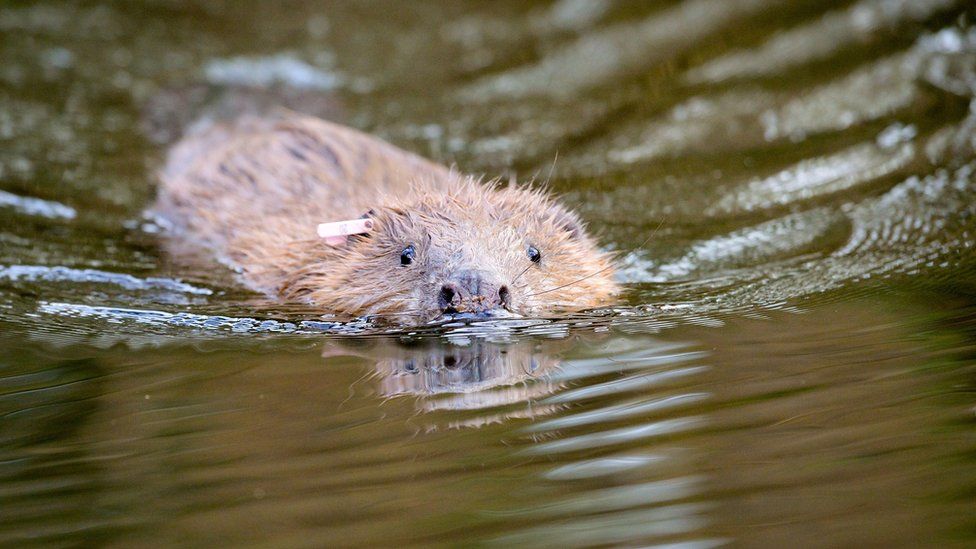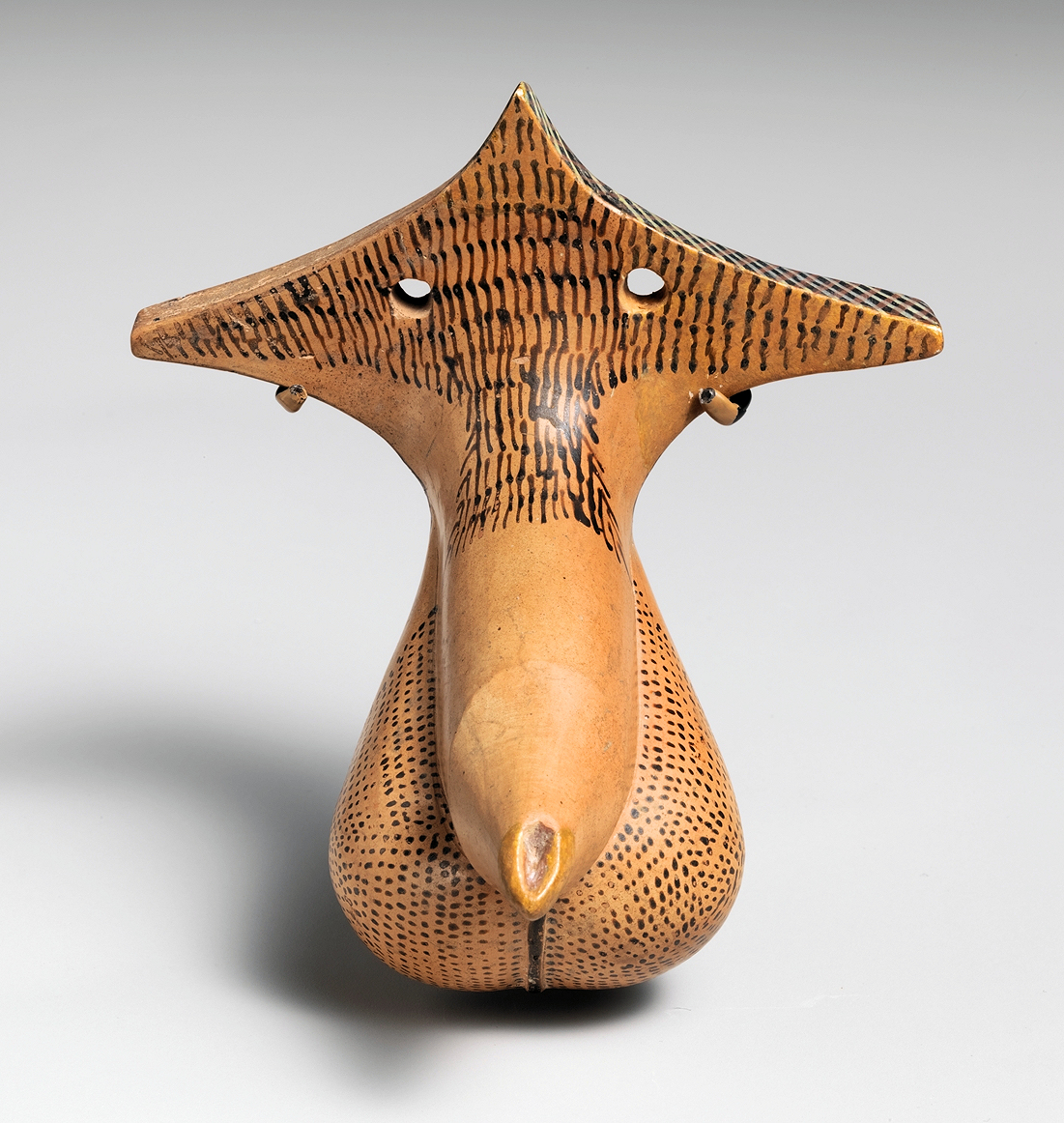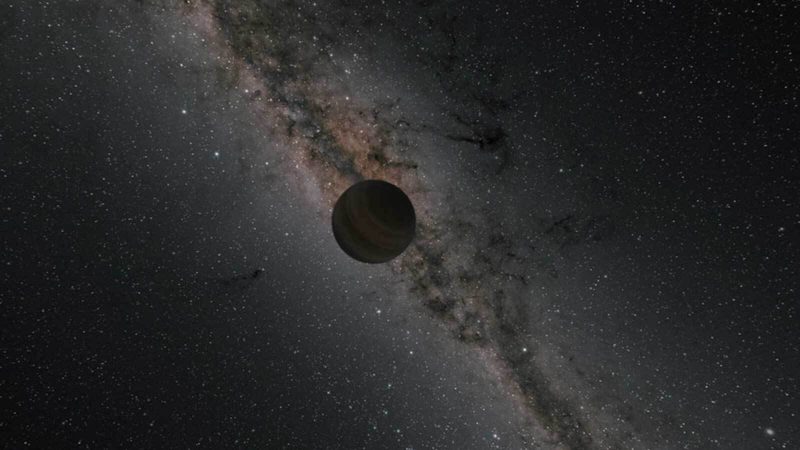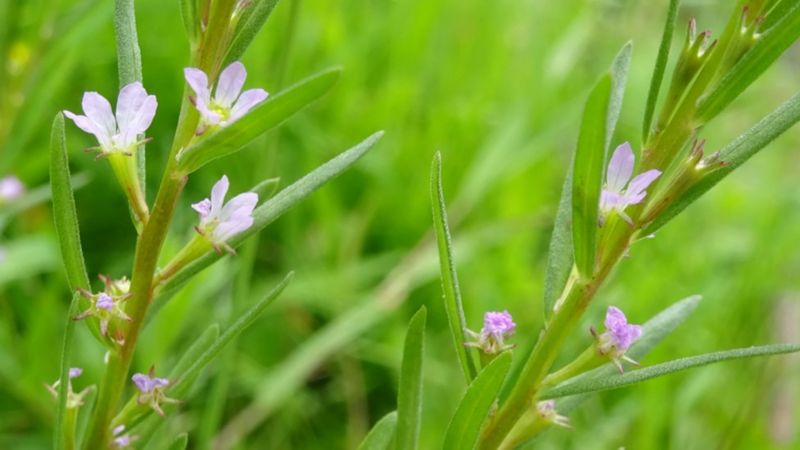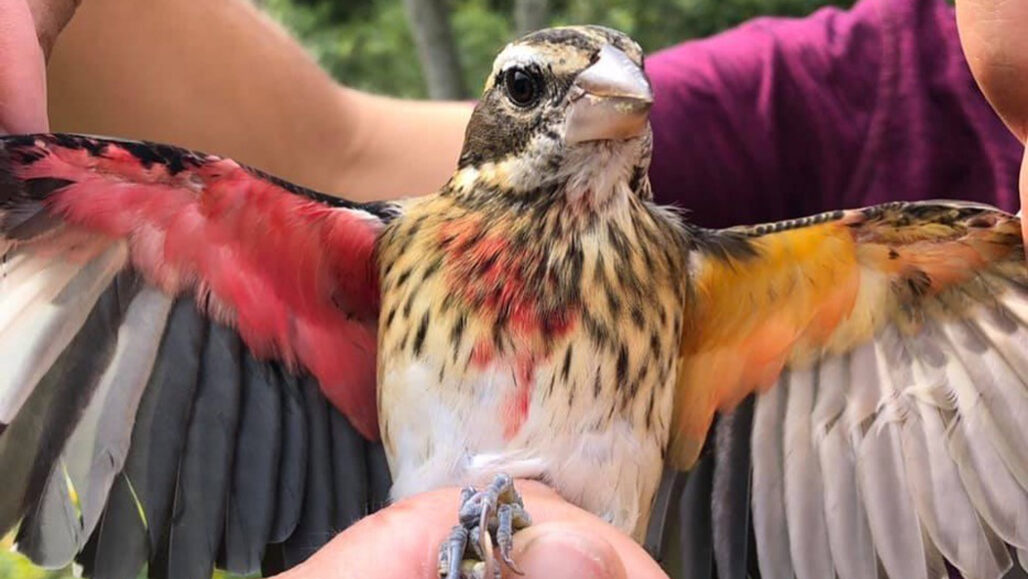Once more unto the monthly links round up, and we’ve got a goodly collection this month.
Science, Technology, Natural World
Breaking my rule not to blog about Covid-19, but it seems it is all too easy to fake lateral flow tests.
Let’s go into the weird world of the workings of smell receptors. [LONG READ]
While on smell, here’s an item which looks at normal personal body odour and it’s effects on relationships.
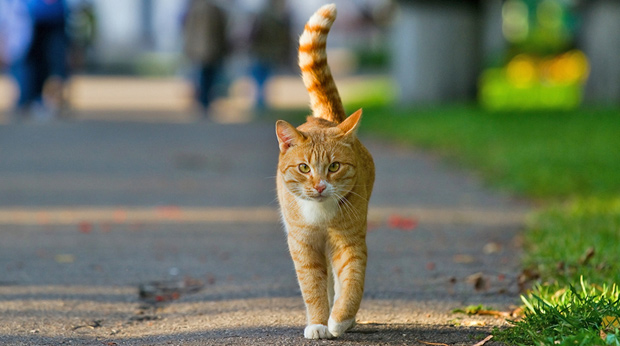
Cats are inscrutable and mysterious creatures, but what do they really get up to when we’re not looking.
Health, Medicine
Oh dear, here’s another item on Covid-19 that’s crept in under the radar: how were the Covid-19 vaccines made so quickly without cutting corners?
Scientists are now beginning to unlock the effects of our “gut microbiome” on our health. [LONG READ]
Also on a food theme, it seems that eating milk chocolate in the morning has a beneficial effect on fat metabolism, although it is no better for the waistline.
Medics are suggesting that much common treatment for endometriosis is actually making things worse.
And still on women’s health, here’s a look at the problems many women have with perimenopause and periods. [LONG READ]
Environment
Our predecessors got it right: trees among crops can help both farmers (with improved yields and diverse crops), the environment and thus the climate. [LONG READ]
Meanwhile we can all help the environment by turning those nice areas of mown grass into meadows, as quite a few councils are doing. [LONG READ]
There’s a new arrival on Exmoor: the first baby beaver born there in 400 years!
Art, Literature, Language
This piece contains a video of the amazing and skilled process of making a violin. [30 minute video]
At long last an academic has created an annotated version of Robert Burton’s 400 year old The Anatomy of Melancholy and seemingly unlocked many of its secrets. (Be warned before you buy this: it is a tome bigger than a house brick and totally impossible to read in bed.)
History, Archaeology, Anthropology
Palaeontologists have uncovered a site containing thousands of fossilised marine organisms; it’s been likened to a “Jurassic Pompeii”!
Archaeologists are also gradually piecing together something of the lives of Neanderthal children, often from footprints which gives clues about their activity. [LONG READ]
Staying with the Neanderthals, one of them had the creativity and imagination to carve a geometric design in a piece bone.
Coming slightly closer to home, there is the suggestion that Stone Age Europeans may have worn make-up. [£££]
Scientists are also now making progress on understanding what ancient people ate by analysing clues embedded in, rather than on, their pottery. [LONG READ]
About the only good thig to come out of the HS2 project is the archaeology it has spawned. One of the latest finds is a hoard of 2200-year-old coins in Hillingdon.
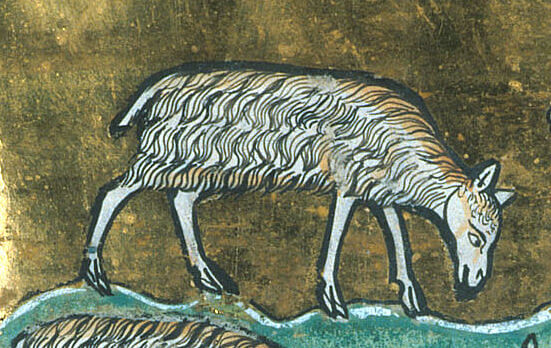
Researchers have been able to extract and analyse DNA from a mummified 1600-year-old Iranian sheep and shown that it was genetically very similar to the breeds currently kept in that area.
There’s a cave in Derbyshire which is thought to be the early ninth-century home of the deposed and exiled Eardwulf, King of Northumbria.
A new analysis is confirming a previous suggestion that some of the stained glass in Canterbury Cathedral is amongst the world’s oldest, and predates the murder of Thomas Becket in 1170.
And talking of Thomas Becket, why were his bones moved only 50 years after his death?
The travel guide is far from being a modern invention, for instance we have the medieval travel guide of Cristoforo Buondelmonti.
What did it mean to be a “damsel” in medieval times? [LONG READ]
One of the mysteries of medieval buildings is why so many have obvious burn marks on the wood. It seems it isn’t quite what we thought! [LONG READ]
London
There’s a hidden tram station in central London, and it is going to be opened to the public for the first time in 70 years.

If you see a grille, vent or unlikely structure in London street, there’s a good chance it is a portal to the capital’s hidden underworld.
Over 100 years ago, London Underground’s Piccadilly Line had a revolutionary spiral escalator.
Food, Drink
What should we be eating in order to do our bit for climate change? Here are some of the most sustainable foods, from seaweed to venison.
Lifestyle, Personal Development, Beliefs
If you want to be a better gardener, James Wong says you should be breaking all those quirky Victorian rules about how to do it.
The art of really listening: “Be interested, be curious, hear what’s not said”.
Here’s a look at some of the taboos around body hair (mostly female). Basically it what you feel comfortable with.
Contrary to popular belief researchers have discovered that two-thirds of couples start out just as friends.
But on the other side of the coin, many friendships fade out, and that’s OK.
Shock, Horror, Humour, Wow!
And finally, we have a major problem with our serfs.




